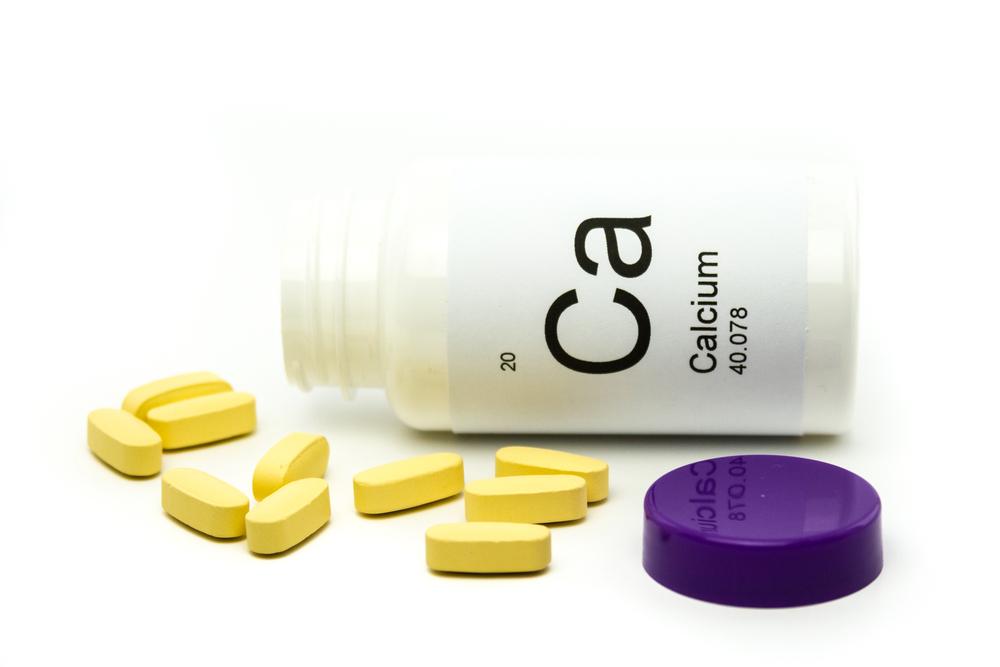Essential Tips for Choosing Optimal Calcium Supplements
Discover practical tips for choosing the best calcium supplements to meet your health needs. Learn about calcium forms, absorption, dosage, avoiding toxins, and the importance of vitamin D. Make informed choices for healthier bones and overall wellness with this comprehensive guide.

Essential Tips for Choosing Optimal Calcium Supplements
If your diet doesn't provide enough calcium, supplements may be necessary. Selecting the right calcium supplement can be challenging with many options available. This guide offers helpful tips to make an informed choice.
Even with a balanced diet, some adults may fall short of daily calcium needs—about 1000 mg for most adults and up to 1200 mg for postmenopausal women and seniors over 70. Vegans or those consuming limited dairy might also need extra calcium.
Higher calcium requirements may be needed for those consuming lots of protein, suffering from osteoporosis, or with digestive issues affecting calcium absorption. With numerous supplements on the market, here's a guide to picking the best options.
Calcium Carbonates vs. Citrates
Most calcium supplements combine calcium with carbonates or citrates. Carbonates contain a higher calcium percentage but need stomach acid for proper absorption. These are best taken with food and may cause constipation or bloating.
Calcium citrate is easier to absorb, even in lower stomach acid, and can be taken on an empty stomach. However, it contains less calcium per dose, so you might need more pills to meet your daily needs. Calcium gluconate and lactate contain even less calcium, with lactate at 13% and gluconate around 9% elemental calcium.
Calcium Content per Dose
While high calcium content is attractive, your body can typically absorb no more than 500 mg at once. Taking larger doses may result in waste. Splitting your total requirement into two or three doses throughout the day enhances absorption and provides better value.
Avoid Toxic Heavy Metals
Some calcium sources derive from unrefined bone meal, oyster shells, dolomite, or coral, which may be contaminated with heavy metals like lead. It's safer to choose supplements free from such toxins. Reputable products should not contain harmful elements.
Stick to Recommended Dosage
Taking more calcium than advised can be risky. Excessive intake may cause adverse effects. Always follow your healthcare provider's guidance and avoid exceeding recommended amounts.
Be Mindful of Drug Interactions
Some medications can interact with calcium supplements. For example, zinc, hypothyroid medications, and antibiotics like tetracycline should be spaced several hours apart to prevent interaction and ensure effective absorption.
The Role of Vitamin D
Vitamin D is crucial for calcium absorption. Our bodies produce vitamin D through sunlight, but reduced sun exposure has lowered levels in many individuals. Incorporate vitamin D-rich foods such as egg yolks, canned salmon, or fortified products into your diet to support calcium utilization.










